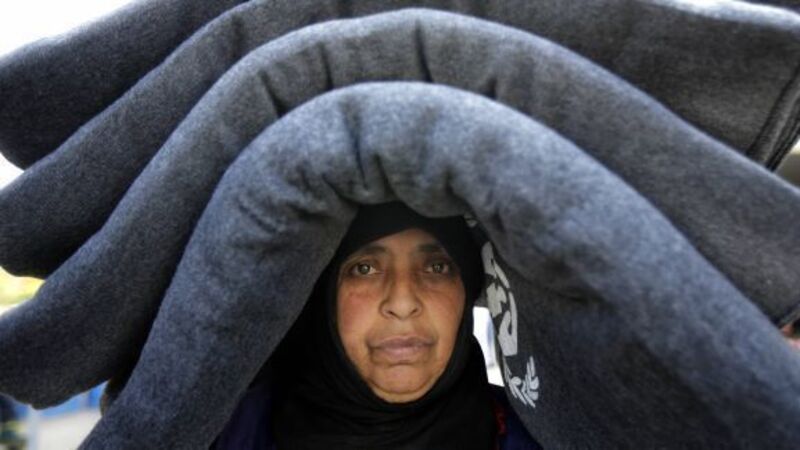Syrian conflict: Three years on and human cost mounts

It is now three years since the conflict in Syria began. Three years since the first shots were fired and deaths recorded in a tragedy that has now left over 100,000 dead.
Three years since the first of 10,000 children were killed. Caught in the crossfire of an adults’ conflict, with many more tortured, maimed and sexually abused.
















